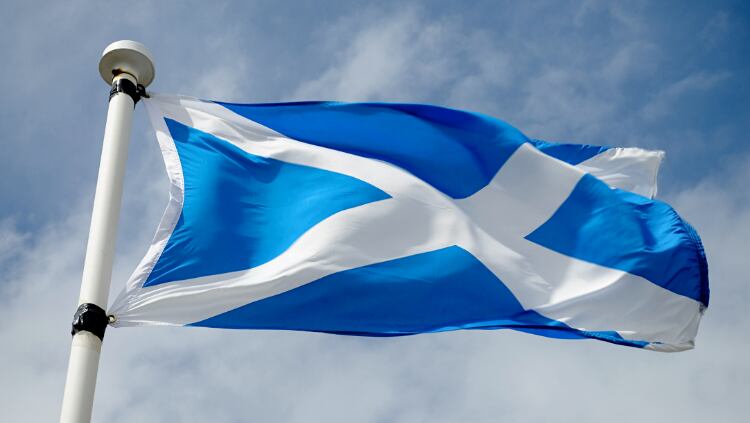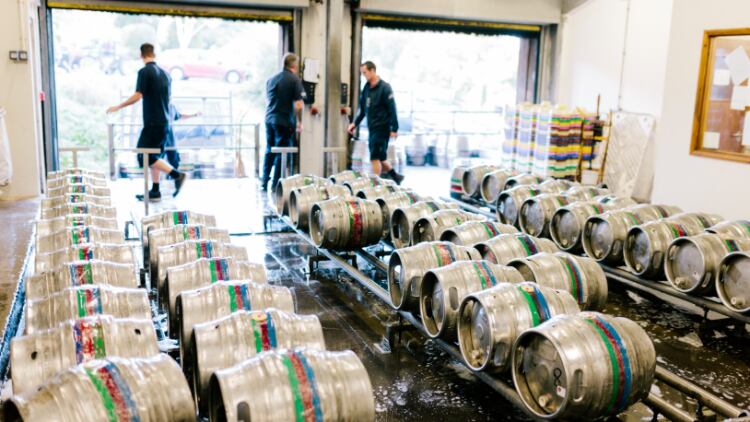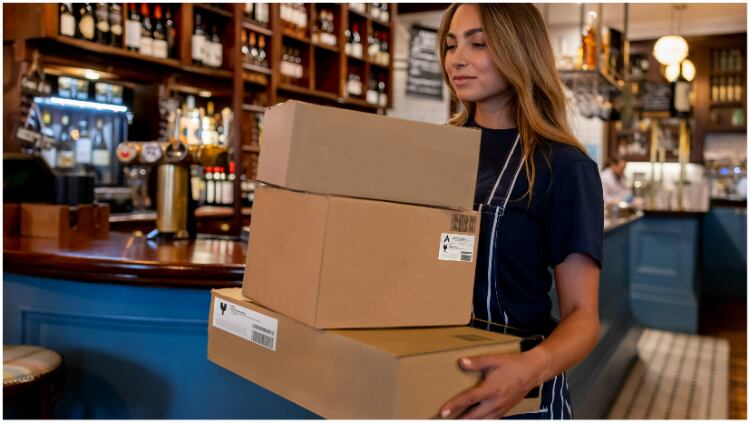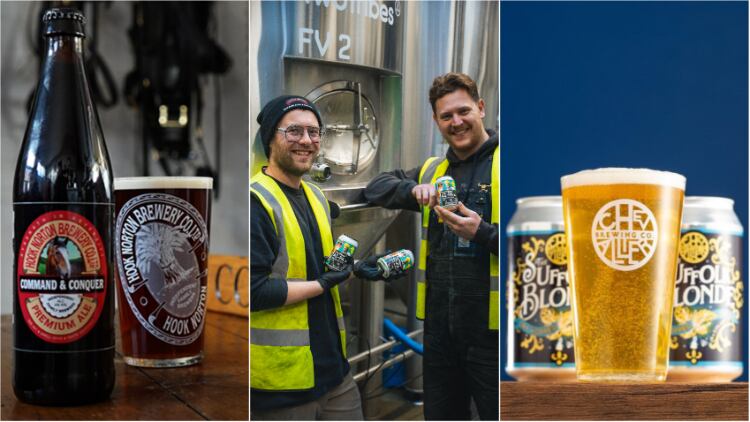The Scottish Beer & Pub Association (SBPA) has warned to Scottish government’s decision not to replicate the business rates relief scheme would be disappointing for operators.
SBPA chief executive Emma McClarkin said the lack of announced business rates relief for pubs was “hugely disappointing” and would be met with dismay from licensees.
Both the UK Government and Welsh Government had ensured eligible businesses would receive a 75% discount on rates next year, after a 50% discount for the entirety of this year.
In comparison, Scottish businesses had been back to full rates since the summer. McClarkin believed this put Scotland's pubs at a significant disadvantage in their recovery given the challenges they are facing.
However, she said, the trade body was glad the finance secretary had listened to industry and agreed to freeze uniform business rates, which she believed would provide more certainty moving into 2023.
But this did not make-up for the failure to replicate the 75% discount the trade had been hoping for, added McClarkin.
Hugely disappointing
She continued: “From Perth to Paisley, Stranraer to Stornoway, licensed premises are trying desperately to hold on amidst a perfect storm, with increased business costs and customers who are being more careful than ever about what they’re spending, they are being squeezed at both ends and profit margins are being wiped out.
“We still desperately need additional action from both the Scottish Government and Westminster to save our much-loved pubs.
“Investment is critical to our sector’s survival and growth, and we remain committed to working alongside Government to ensure that Scotland remains competitive, and the sector can continue being a bedrock of the national economy.”
The Scottish Licensed Trade Association (SLTA) has issued its strongest warning yet that hospitality north of the border is “on its knees” with many businesses set to close for good amid the cost-of-living crisis.
Colin Wilkinson, the trade group’s managing director, also expressed bitter disappointment at deputy first minister John Swinney’s failure to implement a 75% rates relief package.
DRS worries
Wilkinson said: “The industry is on its knees and businesses hoping for a busy and successful December trading period, which would have helped them get through the traditionally quieter months of January and February, would have received at least some festive cheer if Mr Swinney had fully recognised their plight.
“With trains cancelled due to strike action, some cities and towns lacking taxi capacity and buses that aren’t always reliable, staff are finding it challenging to get to work and many people are simply not bothering to go out due to the difficulties getting home – this is not where the sector hoped it would be at this time.”
Wilkinson warned the next few months would be “grim”, with many pubs expected to close over winter as were crippled by energy bills on top of other financial pressures.
He said: “The hospitality industry creates jobs, it brings vibrancy, life and footfall to high streets in our towns and cities, it sits at the centre of society in communities the length and breadth of Scotland as well as playing a key role in tourism and therefore contributing to both local and the wider Scottish economy.
“What happens when we are no longer there?”
What’s more, the Campaign for Real Ale (CAMRA) was worried about updates to Scotland’s deposit return scheme laid out by the circular economy minister in a publication yesterday (15 December).
CAMRA Scotland director Stuart McMahon said that likes of small breweries and bottle shops selling beer online wouldn’t have to offer a takeback service to collect empty cans and bottles from people’s homes was a “sensible step”.
“However,” he added, “CAMRA still fears that the Deposit Return Scheme risks severely limiting the choice available for consumers as Scotland’s small, local and independent breweries and cider makers face extra burdens to be part of the scheme, threatening their viability at a time of rising costs, rocketing energy bills and customers tightening their belts.
“At the same time, the risk is that brewers and cider makers from elsewhere in these islands will simply stop selling cans and bottles in Scotland to avoid the excessive costs and bureaucracy the Deposit Return Scheme places on small producers compared to the multinational brewing giants.”




